Food Business Loss Adjuster: Protecting Restaurants, Supermarkets, and Food Operations After a Major Claim
.svg)
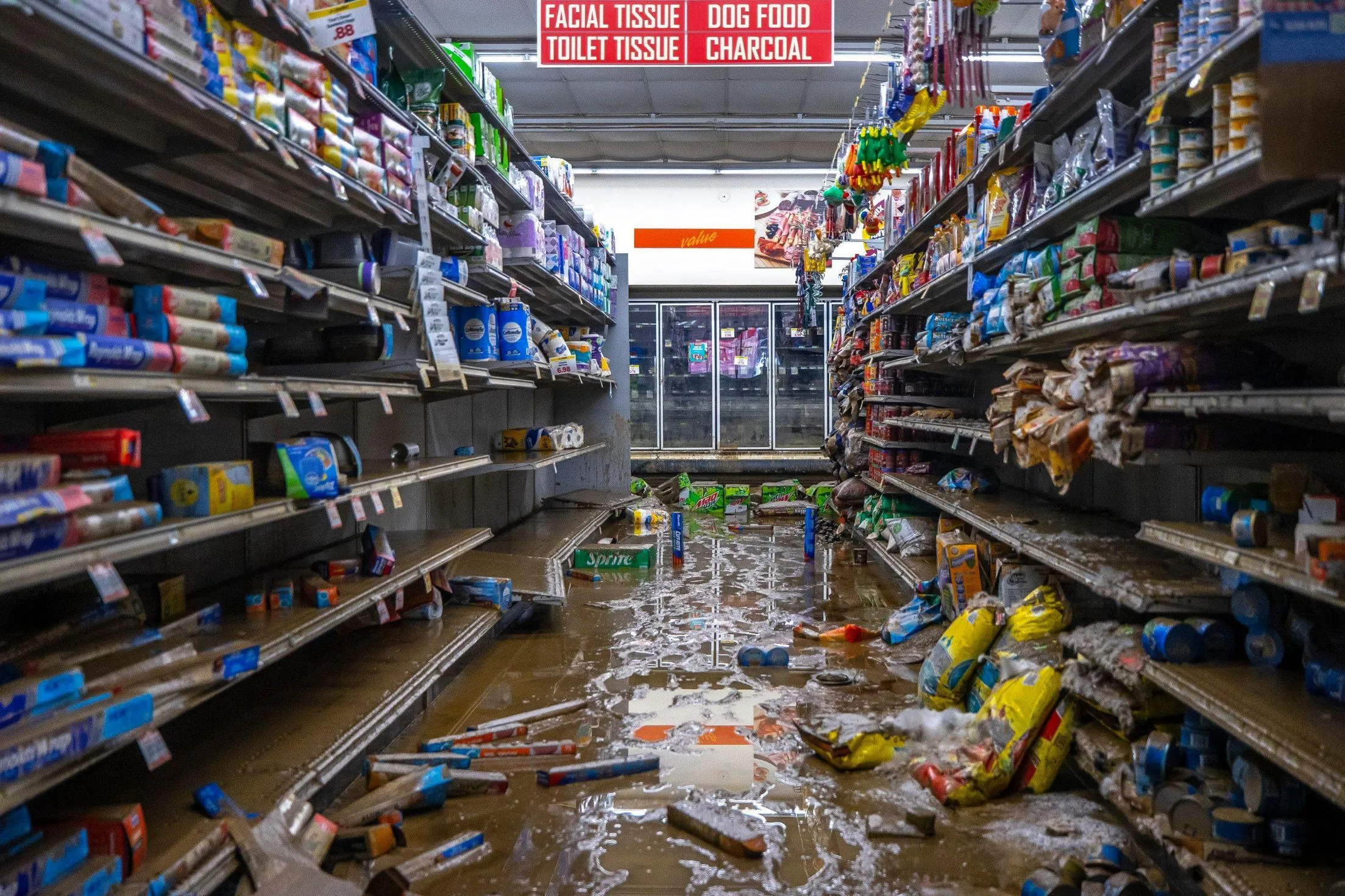
Why Food Businesses Need a Dedicated Loss Adjuster
Food businesses live and die on thin margins and tight timelines. Whether you run a busy restaurant, a supermarket, a bakery, a food processing facility, or a specialty gourmet shop, your entire operation depends on safe ingredients, working equipment, consistent refrigeration, and uninterrupted customer service. When a serious loss occurs—fire, water damage, extended power outage, equipment breakdown, or contamination—every hour of downtime translates directly into lost revenue, spoiled inventory, and increased operating costs.
This is exactly where a food business loss adjuster becomes crucial. Unlike the insurance company’s adjuster, who is paid to protect the carrier’s financial interests, a food business loss adjuster works exclusively for you, the policyholder. Their role is to measure, document, and present the full extent of your loss, and to negotiate with the insurer to secure the maximum benefits available under your policy.
Food-related claims are inherently complex. It is not just about fixing a wall, replacing a piece of equipment, or cleaning up a wet floor. A single incident can trigger multiple categories of loss at once: large-scale food spoilage, contamination of everything within certain temperature ranges, interruption of sales, loss of catering contracts, cost of temporary relocation, and the ripple effect on staff and vendors. There may also be health department shutdown orders, additional inspections, and strict sanitation requirements before you are allowed to reopen.
If you rely solely on the insurance company’s view of the loss, you are accepting their assumptions about what is “necessary,” what is “reasonable,” and how long it should take for your business to recover. In many cases, the carrier’s perspective underestimates the real-world impact on a food business. They may not fully appreciate how strict food safety standards are, how expensive specialty ingredients and inventory can be, or how long it truly takes to regain customer confidence after a major disruption. A food business loss adjuster bridges that gap by bringing deep knowledge of the food industry and insurance to a single point of advocacy.
The job of a food business loss adjuster is not just to fill out forms. It is to tell the complete financial story of your loss: what happened, how it damaged your property and inventory, how it interrupted your operations, and what you need in order to recover fully. That story is backed by evidence—photos, expert reports, invoices, forecasts, financial records—and aligned with the language of your policy. When handled properly, your claim stops being a one-sided evaluation by the insurer and becomes a structured negotiation in which you have a trained professional on your side.
In a world where food businesses face constant risk from fire, storms, utility failures, supply chain interruptions, and ever-tightening regulations, having a dedicated advocate who understands both insurance and food operations is no longer a luxury. It is an essential part of a resilient risk management strategy.
Unique Risks and Insurance Challenges in the Food Industry
Food businesses operate in a risk environment that is very different from other commercial sectors. Every day, your operation balances perishable products, health and safety regulations, mechanical systems, and customer expectations. When something goes wrong, the effects can be swift, widespread, and financially devastating. A food business loss adjuster understands these unique risks and how they interact with your insurance coverage.
Perishable inventory is a defining feature of the food industry. Restaurants, supermarkets, and food distributors may have tens or hundreds of thousands of dollars tied up in fresh produce, dairy, meat, frozen goods, specialty ingredients, and prepared items at any given time. These products are highly sensitive to temperature, time, and contamination. Even a brief power outage, refrigeration failure, or smoke incident can render large quantities unsafe. Insurers sometimes underestimate or challenge the scope of these inventory losses, arguing that some items “could have been saved” or that spoilage was not fully documented. A food business loss adjuster knows how to quantify these losses accurately, referencing invoices, stock records, photographs, and health guidelines to prove that the discarded items could not be sold or consumed safely.
Contamination and food safety exposure introduce another layer of complexity. A small fire or water leak may not visibly destroy your stock, yet it may expose ingredients and prepared foods to smoke, soot, chemicals, or unsanitary conditions. Health codes and food safety regulations are strict for good reason, and your local health department may require you to dispose of everything within an affected area. Insurance carriers, on the other hand, may push back, attempting to limit coverage to visibly damaged items only. A food business loss adjuster understands how contamination spreads, how regulators view risk, and how to connect the dots between the incident, the regulations, and the necessity of disposal.
Equipment and machinery are another critical exposure. Commercial kitchens and supermarkets rely on complex systems—walk-in coolers and freezers, display cases, ovens, fryers, steam tables, exhaust and hood systems, dishwashers, point-of-sale systems, generators, and more. When a covered event occurs, these systems may be damaged beyond obvious visual signs. Heat, water, soot, or sudden shutdowns can compromise compressors, electronics, controls, and seals. A food business loss adjuster works with qualified vendors to evaluate whether your equipment is truly restorable or whether replacement is required, and then integrates those findings into the claim in a way that aligns with policy language.
Business interruption is especially acute in food operations. Customers expect you to be open consistently and may quickly shift their loyalty to competitors if you are closed for an extended period. Catering clients or wholesale buyers may cancel contracts or move to alternate suppliers. Even after reopening, you may face a ramp-up period where sales remain below pre-loss levels while you rebuild your reputation and customer base. Insurance policies often provide business income and extra expense coverage, but accurately projecting and proving these losses is a sophisticated exercise. A food business loss adjuster digs into your financial records, seasonal patterns, and sales trends to build a credible model of what your business would have earned, and why it is reasonable to claim compensation for lost profits, ongoing fixed expenses, and extra costs incurred to speed up recovery.
Regulatory and compliance hurdles further complicate claims. After a significant incident, you may face mandatory inspections, permitting requirements, and possible code upgrades. For example, a fire might trigger requirements to upgrade fire suppression systems, electrical wiring, or ventilation to meet current standards. Some of these costs may fall under ordinance or law coverage, which many policyholders are unaware they even have. A food business loss adjuster understands how these coverages work and how to present them to the insurer so that necessary upgrades—rather than optional enhancements—are properly funded by the claim.
All of these industry-specific challenges make one thing clear: a food business claim cannot be handled like a generic commercial loss. You need someone who knows how food operations actually run, how regulators think, and how insurance carriers typically respond to claims involving perishables, contamination, and business interruption. That unique combination of knowledge is what defines a true food business loss adjuster.
How a Food Business Loss Adjuster Manages the Claim from Start to Finish
A food business loss adjuster provides value not only in the final negotiation, but at every step of the claims process. From the moment a loss occurs, they help you make decisions that protect your rights under the policy while preserving the evidence you will need to maximize your recovery.
The relationship usually begins shortly after the incident—once you have ensured safety, contacted emergency services, and stabilized the situation as best you can. At that point, a food business loss adjuster will typically conduct an initial walkthrough of the premises, listening to your account of what happened and making a preliminary assessment of the visible impacts. They will ask focused questions about your operations: your hours of business, storage methods, equipment, critical inventory, key contracts, and reliance on particular suppliers or customers. This conversation helps them understand not just what was damaged, but how the event disrupted the way you make money.
From there, the adjuster begins building the claim foundation. They coordinate a thorough documentation effort that may include detailed photographs, videos, diagramming of the premises, lists of damaged property, and collection of all official reports and communications from fire departments, health inspectors, and city officials. For a food business, this also includes a disciplined approach to documenting spoiled or contaminated inventory—counting, categorizing, and photographing items before disposal, tying them back to purchase records, and documenting why they cannot be used.
At the same time, the food business loss adjuster obtains and reviews your insurance policy in full, including all endorsements. They identify relevant coverages such as building, business personal property, equipment breakdown, spoilage, business income, extra expense, and ordinance or law provisions. Their goal is to map your specific losses to the available coverages so that no category of damage is left out simply because it is not obvious or because the insurer does not mention it.
Financial analysis is another major component of the adjuster’s role. They work with you to gather historical financial statements, point-of-sale records, tax returns, and any relevant budgets or projections. This information is used to establish your baseline performance: what your food business typically earns, how it performs during certain seasons or events, and what your cost structure looks like. Using this data, the food business loss adjuster constructs a business income claim that reflects the profits you would have earned had the loss not occurred, the continuing expenses you still had to pay during the closure, and any extra expenses incurred to mitigate or shorten the downtime.
The adjuster also coordinates technical evaluations by independent experts as needed. For example, refrigeration specialists may inspect walk-ins and display cases to determine whether they can be cleaned and recalibrated or must be replaced entirely. Industrial hygiene experts might be brought in to assess contamination and necessary cleaning protocols. Contractors may be consulted to develop realistic repair timelines and cost estimates. All of this expert input is compiled into a coherent presentation that supports the monetary figures the adjuster ultimately submits to the insurer.
Once the claim package is assembled, the food business loss adjuster manages the negotiations with the insurance company. They respond to questions, challenge low valuations or incomplete scopes, and make sure the carrier considers all aspects of the loss, not just the most visible damage. This often involves several rounds of back-and-forth discussions, comparisons between your estimates and the insurer’s, and clarifications about how the incident affected your operations. Throughout this process, the adjuster keeps you informed, explaining options and advising you on strategic decisions without requiring you to handle the technical arguments yourself.
Even after settlement terms are agreed upon, the food business loss adjuster continues to support you. They help verify payments, reconcile line items, and, if necessary, pursue supplemental claims for additional damage or extended business interruption that becomes apparent later in the recovery process. Their involvement ensures that you are not left alone to navigate final details or argue for legitimate costs that emerge once construction, replacement, or re-opening activities are underway.
In short, a food business loss adjuster converts a chaotic, stressful event into a structured process that you can manage. They transform your claim from a series of emotional conversations into a professional negotiation based on evidence, policy language, and a deep understanding of how food businesses operate.
Choosing the Right Food Business Loss Adjuster for Your Operation
Not every public adjuster is the same, and not all of them have meaningful experience with food businesses. Selecting the right food business loss adjuster is a critical decision, because this professional will be your primary advocate during one of the most challenging periods your operation may ever face.
When evaluating potential adjusters, you should look first at their specific background with food-related claims. Ask whether they have handled losses for restaurants, supermarkets, food distributors, cold storage facilities, or food manufacturers. Experience with perishable inventory, contamination issues, equipment-heavy environments, and business income claims for high-turnover operations is essential. A food business loss adjuster who has navigated health department closures, ordinance and law upgrades, and complex spoilage claims will be better equipped to anticipate and counter the insurer’s arguments in your case.
It is also important to understand their approach to documentation and communication. A strong food business loss adjuster will have a clear, methodical process for assessing damage, cataloging inventory losses, working with vendors and experts, and assembling financial data. They should be able to explain, in plain language, how they will build your claim and what they will need from you along the way. At the same time, they should emphasize that they will take the lead in dealing directly with the insurance company, freeing you to focus on managing your staff, vendors, and customers.
You will also want to discuss how they handle business interruption and extra expense claims. For a food business, the loss of revenue during downtime can be just as damaging as the physical loss itself. The right food business loss adjuster will ask thoughtful questions about your sales patterns, key events and seasons, customer base, delivery or catering operations, and any online or off-premise channels you rely on. They should demonstrate a solid understanding of how to model lost income and justify the period of restoration in a way that reflects your business reality, not just the insurer’s preferred timeline.
Compensation structure is another critical topic. Most public adjusters, including food business loss adjusters, work on a contingency fee basis, taking a percentage of the claim recovery. You should understand exactly how that percentage is calculated, what it applies to, and how payments are handled. A reputable adjuster will be transparent about fees and will emphasize that their interests are aligned with yours: they only succeed when they help you obtain a strong recovery.
Finally, pay attention to how the adjuster communicates with you. During a major loss, you need more than technical expertise—you need a trusted advisor who can explain complex issues clearly, answer your questions honestly, and provide calm guidance in a stressful time. The right food business loss adjuster will be responsive, patient, and willing to outline realistic expectations rather than making vague promises. They should respect your knowledge of your own business while bringing their own specialized skill set to the table.
Choosing wisely means you will not face your insurer alone. Instead, you will have a dedicated professional who understands both sides of the equation: how your food operation truly functions and how carriers evaluate and pay claims. That combination helps ensure that your insurance policy performs the way you expected when you purchased it.
Conclusion
Running a food business means accepting that risk is part of everyday life—but it does not mean facing those risks alone when disaster strikes. A serious loss can threaten your inventory, your equipment, your staff, your customers, and your reputation all at once. Your insurance policy is meant to be a safety net, but unlocking its full value requires expertise, persistence, and a detailed understanding of both your operation and the fine print in your coverage.
A food business loss adjuster serves as your advocate in this high-stakes environment. They identify and document the full scope of your physical and financial losses, connect each element to the appropriate coverage, and negotiate with the insurer to obtain the best possible settlement. By focusing on the unique challenges of food operations—perishable inventory, contamination, equipment complexity, business interruption, and regulatory demands—they make sure that your claim reflects the true impact of the event, not just the insurer’s narrow interpretation.
With the right food business loss adjuster at your side, you are better equipped to protect your investment, your employees, and the community you serve. Instead of scrambling to survive after a major loss, you have a clear, professional path to recovery—one that gives your business the best chance not only to reopen, but to thrive again.



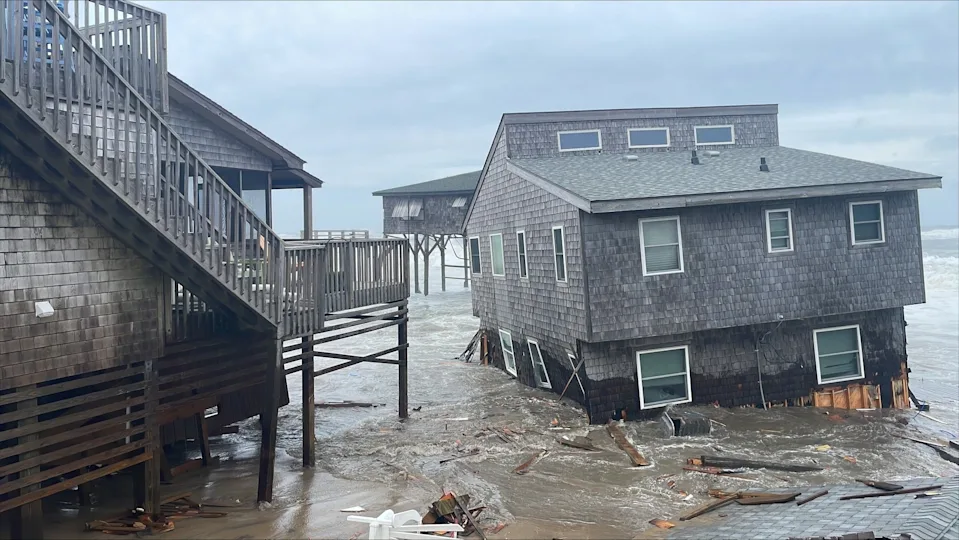
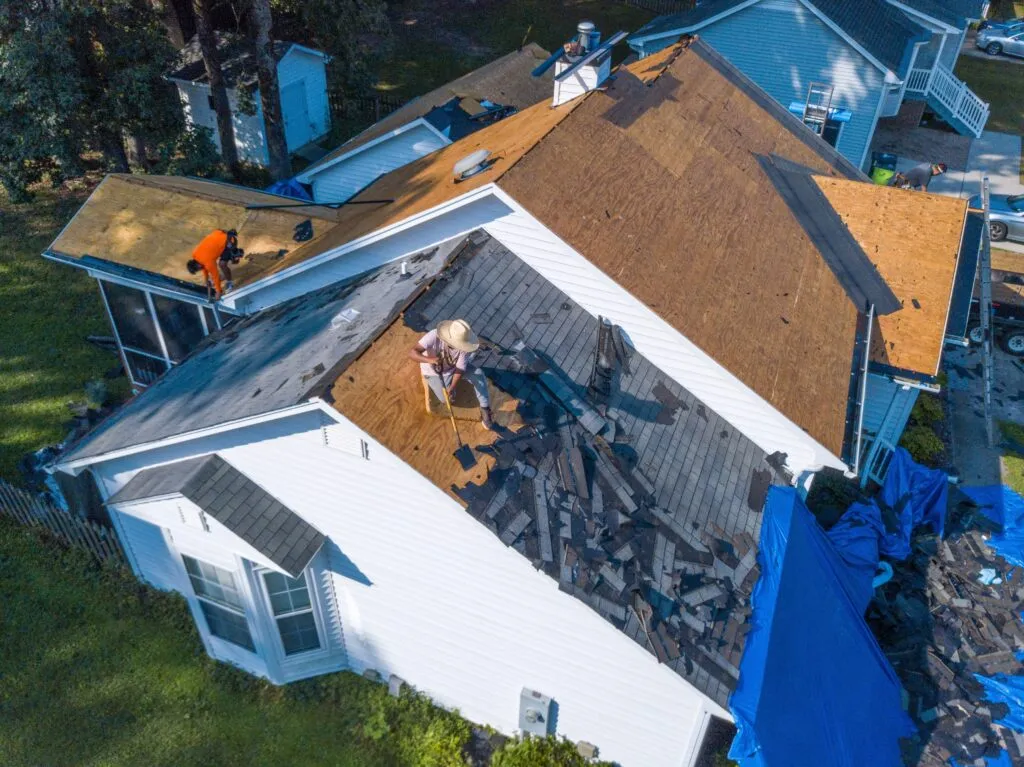

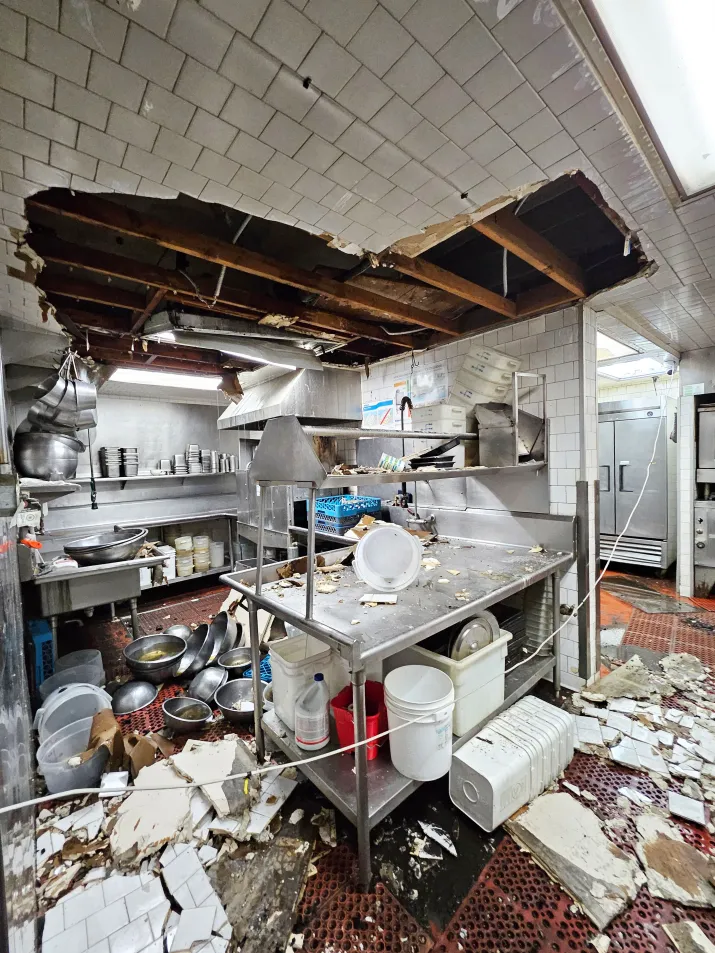
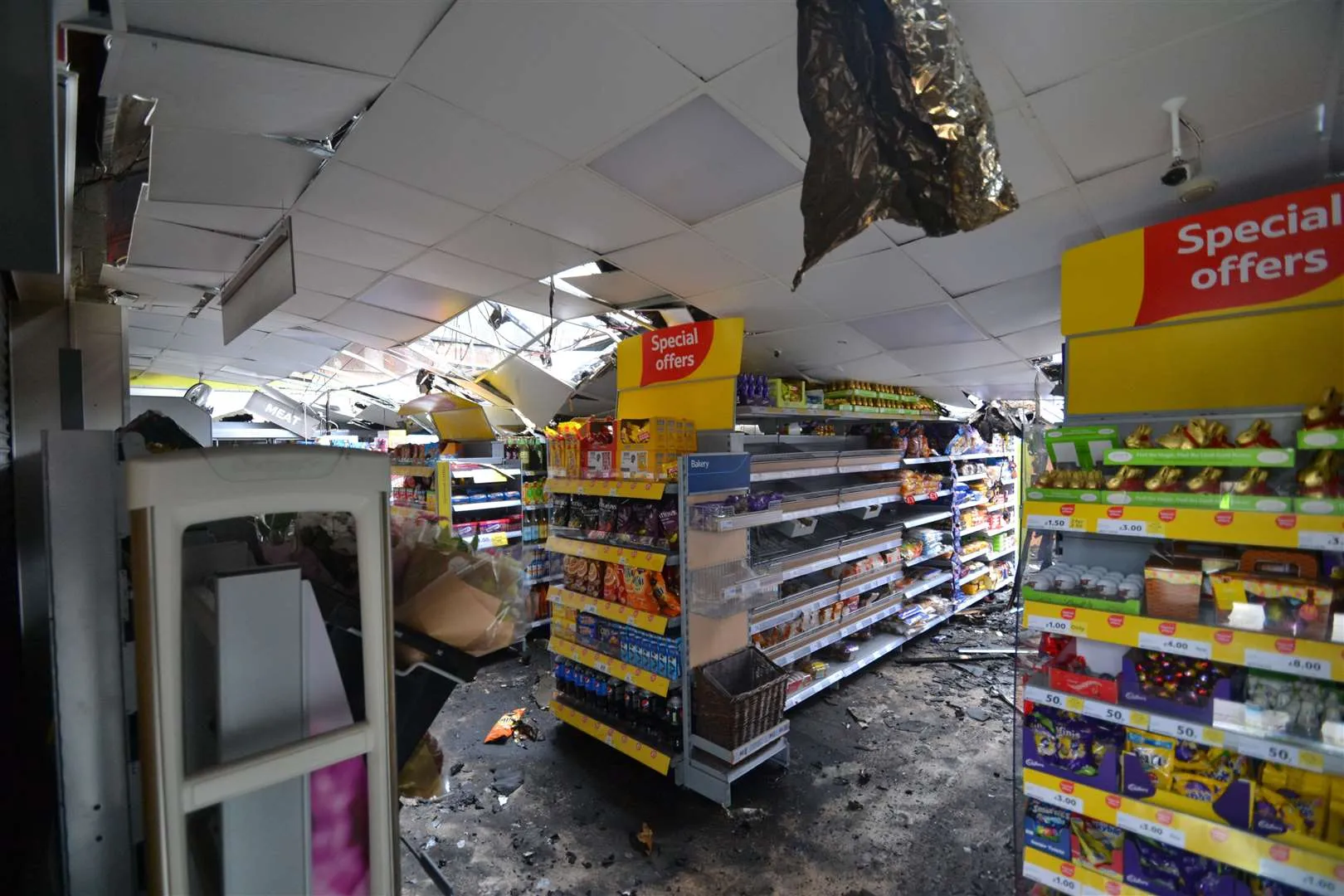
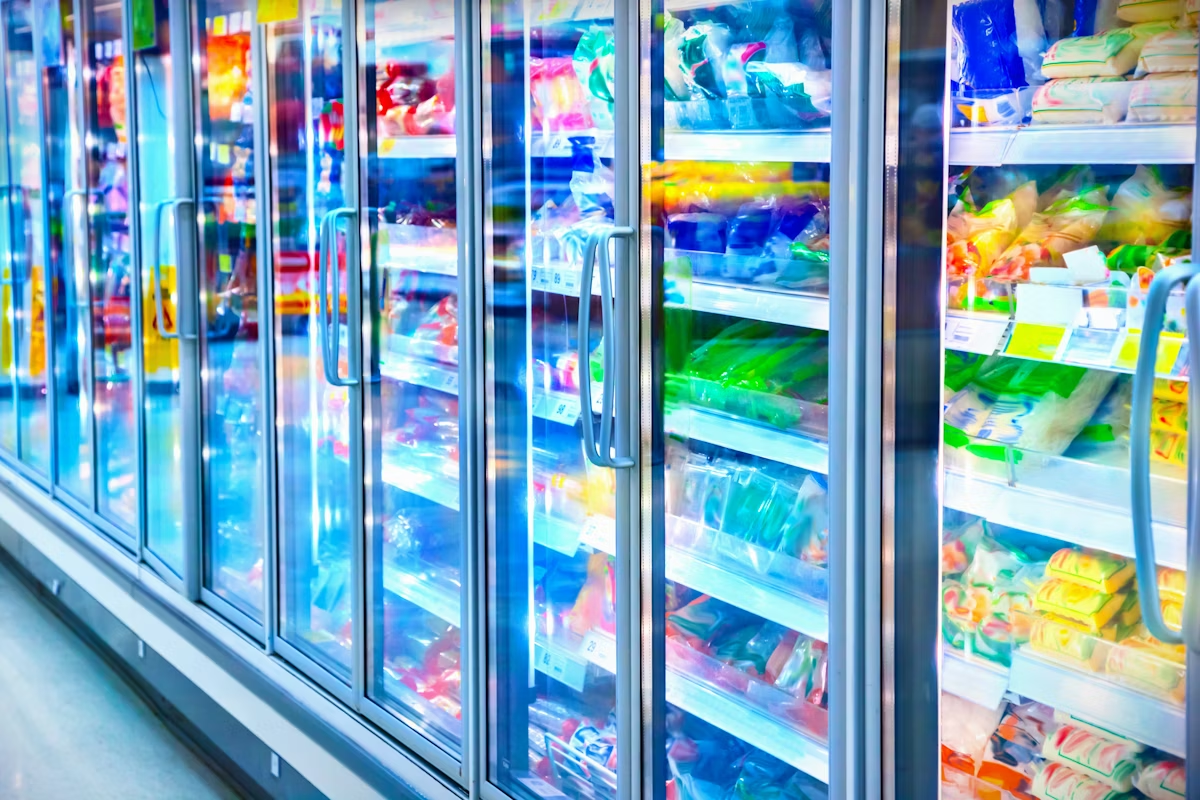
.svg)